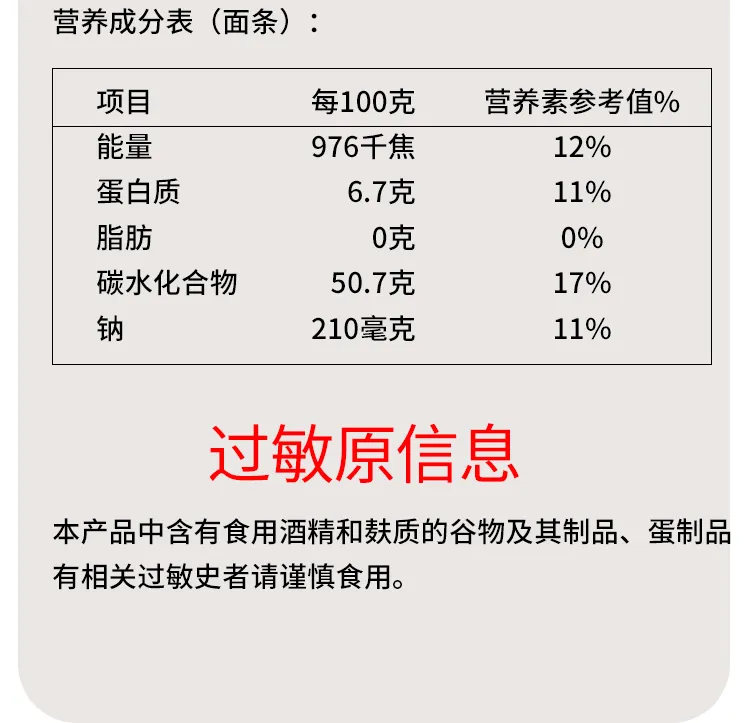Exploring the Impact of Ramen Noodles on Diabetes Management and Health Choices
The Impact of Ramen Noodles on Diabetes Management
Ramen noodles, a staple in many households, particularly in Asian cultures, are often viewed as a comfort food. However, when it comes to managing diabetes, the implications of consuming ramen noodles can be complex. In this article, we will explore the nutritional aspects of ramen noodles, how they affect blood sugar levels, and provide some alternatives and strategies for those managing diabetes while still enjoying their favorite foods.
Understanding Ramen Noodles
Ramen noodles are primarily made from wheat flour, salt, water, and an alkaline mineral water known as kansui. This unique composition contributes to their chewy texture and characteristic flavor. While ramen noodles are loved for their convenience and versatility, it is essential to consider their nutritional profile. A standard serving of instant ramen noodles can contain around 40-50 grams of carbohydrates, including a significant amount of refined carbs. These refined carbs can lead to rapid increases in blood sugar levels, which is a critical consideration for people with diabetes.
The Glycemic Index and Blood Sugar Control
The glycemic index (GI) is a measure that ranks foods based on their effect on blood sugar levels. Foods with a high GI are digested quickly and can lead to spikes in blood glucose, whereas low GI foods are digested more slowly, resulting in gradual increases in blood sugar. Traditional ramen noodles typically fall on the higher end of the glycemic index scale. For individuals with diabetes, consuming high-GI foods can complicate blood sugar management.
If a person with diabetes indulges in ramen, it can be beneficial to combine it with low-GI foods. Adding non-starchy vegetables, lean proteins, and healthy fats can create a more balanced meal and help mitigate the impact on blood sugar levels. For example, incorporating leafy greens, grilled chicken, tofu, or avocado can increase the nutrient density of a ramen dish while lowering its overall GI.
Portion Control and Mindful Eating
diabetes ramen noodles

Another critical aspect of managing blood sugar levels is portion control. Ramen noodle servings tend to be larger than necessary, which can lead to overeating and heightened blood sugar levels. For those managing diabetes, being mindful of portion sizes is essential. Instead of consuming an entire package of ramen, one could consider sharing a serving or using half the amount and supplementing with additional ingredients like vegetables or protein sources.
Mindful eating can also play a vital role in how one enjoys their food. Taking the time to savor each bite can enhance the enjoyment of a meal and help prevent overconsumption. Being aware of hunger cues and learning to distinguish between physical hunger and emotional cravings can be particularly beneficial in managing dietary choices.
Healthier Alternatives
For those who love ramen but are concerned about its nutritional content, several alternatives can be considered. Many grocery stores now offer whole grain or low-carb ramen noodles made from ingredients like brown rice or vegetable extracts. These alternatives typically have lower glycemic indexes and provide additional nutrients compared to traditional instant ramen noodles.
Additionally, homemade ramen can be an excellent way to control the ingredients and nutritional quality of the dish. By preparing ramen from scratch, individuals can utilize healthier noodles, incorporate a variety of vegetables, and control sodium levels by limiting the use of packaged seasoning packets.
Conclusion
In summary, while ramen noodles are undeniably delicious and comforting, their impact on blood sugar levels requires careful consideration for those managing diabetes. Understanding the nutritional composition, glycemic index, portion sizes, and mindful eating practices can significantly alter how one incorporates ramen into their diet. Furthermore, opting for healthier alternatives and supplementing with nutritious ingredients can help individuals with diabetes enjoy their favorite noodle dishes without compromising their health. Ultimately, balance and moderation are key, allowing for both enjoyment and proper blood sugar control in the pursuit of a healthy lifestyle.
-
Fast Cook Noodles: Convenient Staples for Modern LifestylesNewsAug.23,2025
-
Italian Noodles: Versatile Staples of Global CuisineNewsAug.23,2025
-
Italian Noodles: A Timeless Culinary HeritageNewsAug.23,2025
-
Instant Cold Noodles: A Refreshing Culinary ConvenienceNewsAug.23,2025
-
Buckwheat Noodles: The Art and Nutrition of Handmade SobaNewsAug.23,2025
-
Low Calorie Soba Noodles: A Nutritious Choice for Healthy EatingNewsAug.23,2025
-
The Wholesome Delight of Organic NoodlesNewsAug.15,2025
Browse qua the following product new the we







